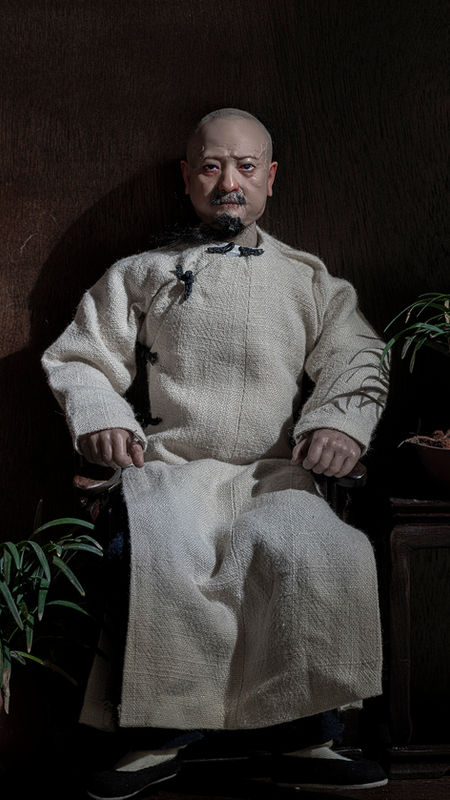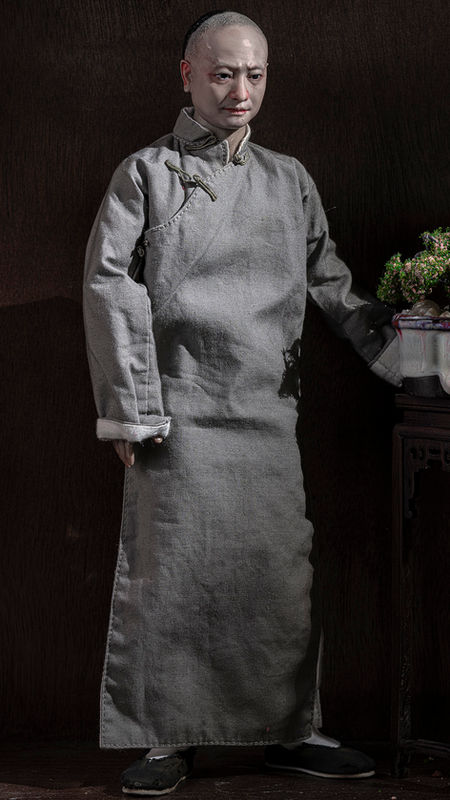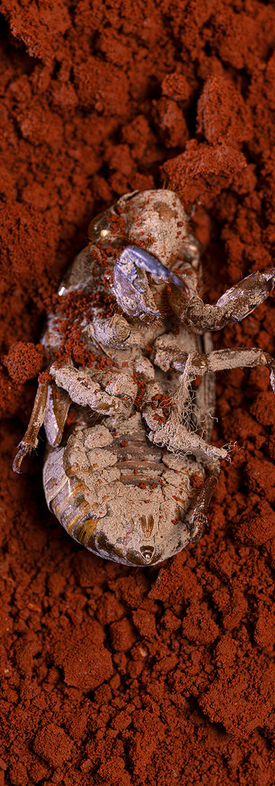In the autumn of the Gengzi year, Zhu Zumou was trapped in the capital and witnessed the fall of the Qing Dynasty. He wrote lyrics to express his anger and worries (published in “Gengzi Autumn Lyrics”). His lyrics are melancholy and sentimental, sad and gorgeous. He was so good at using extreme beauty to express extreme cruelty, composing the personal feelings of a lonely lyrics writer and the elegy of the empire.
At the same time, Pierre Loti, a French writer and navy captain was also in Beijing. In his works, he described the dilapidated old capital, the abandoned Forbidden City, the blood-red palace walls, the pale floating corpses, the green lotus ponds, and the fantasy images of the deep palace pavilion ("The Last Days in Beijing" published in 1902), depicting the tragic and poignant beauty of the withering ancient civilization between reality and illusion. It simultaneously deconstructed and reconstructed the mysterious and magical remnant of classical China in the eyes of Westerners, bit by bit. Even I am astonished when I read it a hundred years later.
If Loti's exotic literary interest is the mirror of the other in Western literature, then his writing for me is a re-examination of the fading classical poetry to the cruel reality. In the face of this tragedy, both Zhu Zumou and Loti showed similar artistic resonances, even though their writings had the barriers of language and genre.
Cicada Slough Medium format digital photography / 12*1800*1200mm / 2020-2021/Shanghai
身如蝉蜕一榻上,
梦似杨花千里飞。
[春睡] 苏舜钦(宋)
The body I left on the couch is but a cicada slough, and my soul had flown thousands of miles away in my dream like a poplar flower.
——
Spring Sleep,
Su Shunqin of the Song Dynasty
Annotation:
Cicada slough refers to the skin left by the young cicada after its transformation into an adult cicada, also called the cicada clothing.
It is usually used metaphorically to describe the process in which people break the limit of their bodies and become immortals. It also often refers to death.




















